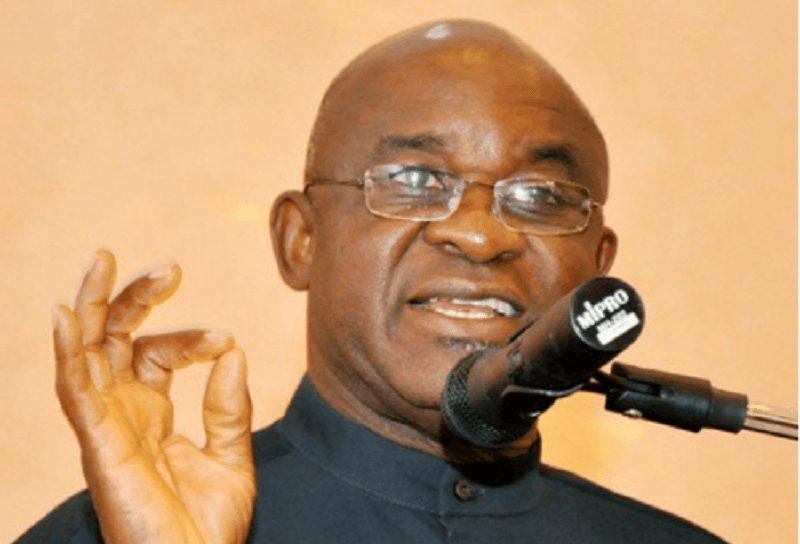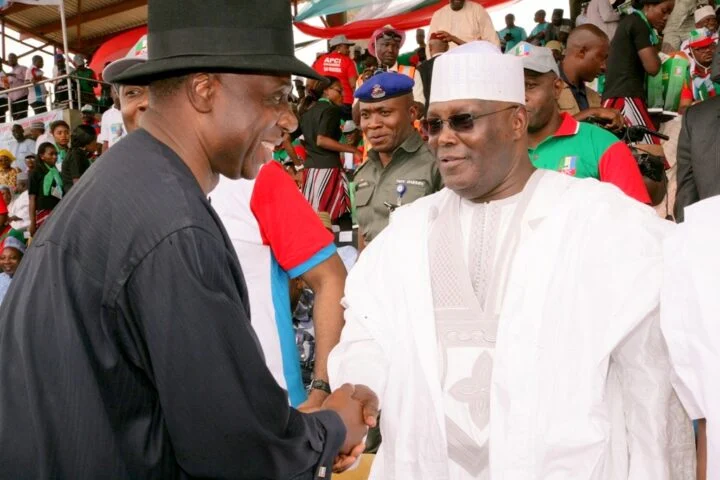According to him, the administration has set new records in wasteful public spending while introducing “class-based systems” in critical sectors such as healthcare, education, and public services.
In a swift response, Special Adviser to the President on Information and Strategy, Bayo Onanuga, dismissed Atiku’s remarks as partisan and misleading.
He argued that the reforms being carried out under President Tinubu’s leadership are bold and necessary steps to save the country from fiscal collapse.
“We have made progress. Inflation is easing, food production is rising, investments are returning, and the foundation for a more prosperous, just, and inclusive Nigeria is being laid. These gains are in plain sight for everyone. Only those who play blind will not see them,” Onanuga said.
He emphasized that Tinubu never promised the reforms would be painless but made it clear during his campaign that they were essential for Nigeria’s long-term stability.
“During the campaign, Tinubu never promised that the reforms would be painless. But he was clear they were necessary to rescue the country from the brink of fiscal collapse, to reverse years of unsustainable spending, and lay a solid foundation for long-term inclusive growth,” he added.
Onanuga highlighted major economic decisions such as the removal of the fuel subsidy and unification of the foreign exchange system—steps which, he said, previous administrations including that of Obasanjo-Atiku had considered but failed to implement.
“Atiku promised the same reforms in his manifesto. In fact, all three major candidates in the election agreed they had to be done. The responsibility to implement them, however, fell on President Tinubu as the winner of the 2023 election.
“Unlike Atiku and some critics, many agree that the reforms have stabilized government finances, curbed systemic corruption, and enabled direct investment into social programmes and infrastructure.”
Responding to Atiku’s claim that Tinubu’s policies are anti-poor, Onanuga said the administration has introduced measures to cushion the impact on vulnerable Nigerians.
These include expanded social safety nets, targeted support for low-income households, and a significant increase in the national minimum wage from N30,000 to N70,000 with some states now paying as much as N85,000.
“The Tinubu administration, fully acknowledging that its policies affect the vulnerable, has increased investments in social safety nets, introduced targeted interventions for low-income households, and more than doubled the minimum wage. Some states even pay up to N85k to their workers, a feat made possible by increased federal allocations.”
On education, Onanuga dismissed Atiku’s criticism as “off the mark,” pointing to the Student Loan Scheme introduced to ensure that underprivileged children can access education regardless of their financial situation.
“As of the last count, over 600,000 Nigerian students have benefitted from the loans, which cover both school fees and living allowances. The loans do not yet cover Nigerians in expensive schools like Atiku’s American University in Yola. Still, what is undeniable is that under Bola Tinubu, higher education is now more accessible to deserving youths,” he said.
Acknowledging the challenges that come with the reforms, the presidency assured Nigerians that efforts are ongoing to ease the burden on citizens.
Onanuga also called on Atiku to go beyond criticism and offer practical solutions.
“Criticism must be constructive. When Atiku opposes government policies, he should also offer solutions. Otherwise, his opposition statements will be dismissed as mere partisan rhetoric and cheap talk. Nigerians deserve opposition leaders who provide answers—not just complaints.”










